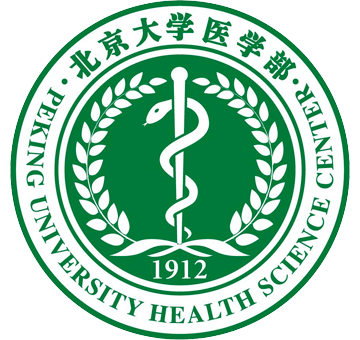
Jiaqi Shi, MD, PhD

Yinmo Yang, MD
JI Program: Cancer and Precision Medicine
Project Status: Active/Ongoing
Pancreatic ductal adenocarcinoma (PDAC) is a lethal disease with an overall 5-year survival rate of 11%. One of the main reasons for the dismal prognosis of PDAC is early liver metastasis. However, the molecular mechanism of early liver metastasis from PDAC remains elusive. In previous studies, we found that hypoxic PDAC-derived exosomal miRNAs could promote hepatic stellate cell (HSC) activation. HSCs are known components of the prometastatic liver microenvironment [1]. We have used combined single-cell RNA sequencing (scRNA-seq) and multiplex immunohistochemistry (mIHC) technologies to reveal tumor microenvironment heterogeneity of PDAC [2,3]. We have also established a liver metastasis PDAC animal model and collected PDAC clinical specimens and follow-ups. The overall goal of this project is to integrate the resources of both UM and PKU to jointly explore the molecular mechanism of liver metastasis from PDAC and establish the predicted model of early liver metastasis. We plan to further clarify the mechanism of PDAC-derived exosomal miRNAs activating HSCs and remodeling the tumor immune microenvironment (TIME) of liver metastasis. Combined scRNA-seq and mIHC will be used to explore the differences in TIME between the primary tumor and matched liver metastasis and the role of activated HSCs in reprogramming the TIME of liver metastasis. In addition, we will establish and validate the predicted model of early liver metastasis based on the exosomal miRNAs profile of the peripheral blood and portal vein plasma. This project will help elucidate the mechanism of liver metastasis from PDAC, provide new ideas for diagnosing and treating PDAC, and promote deep collaborations between U-M and PKU.


